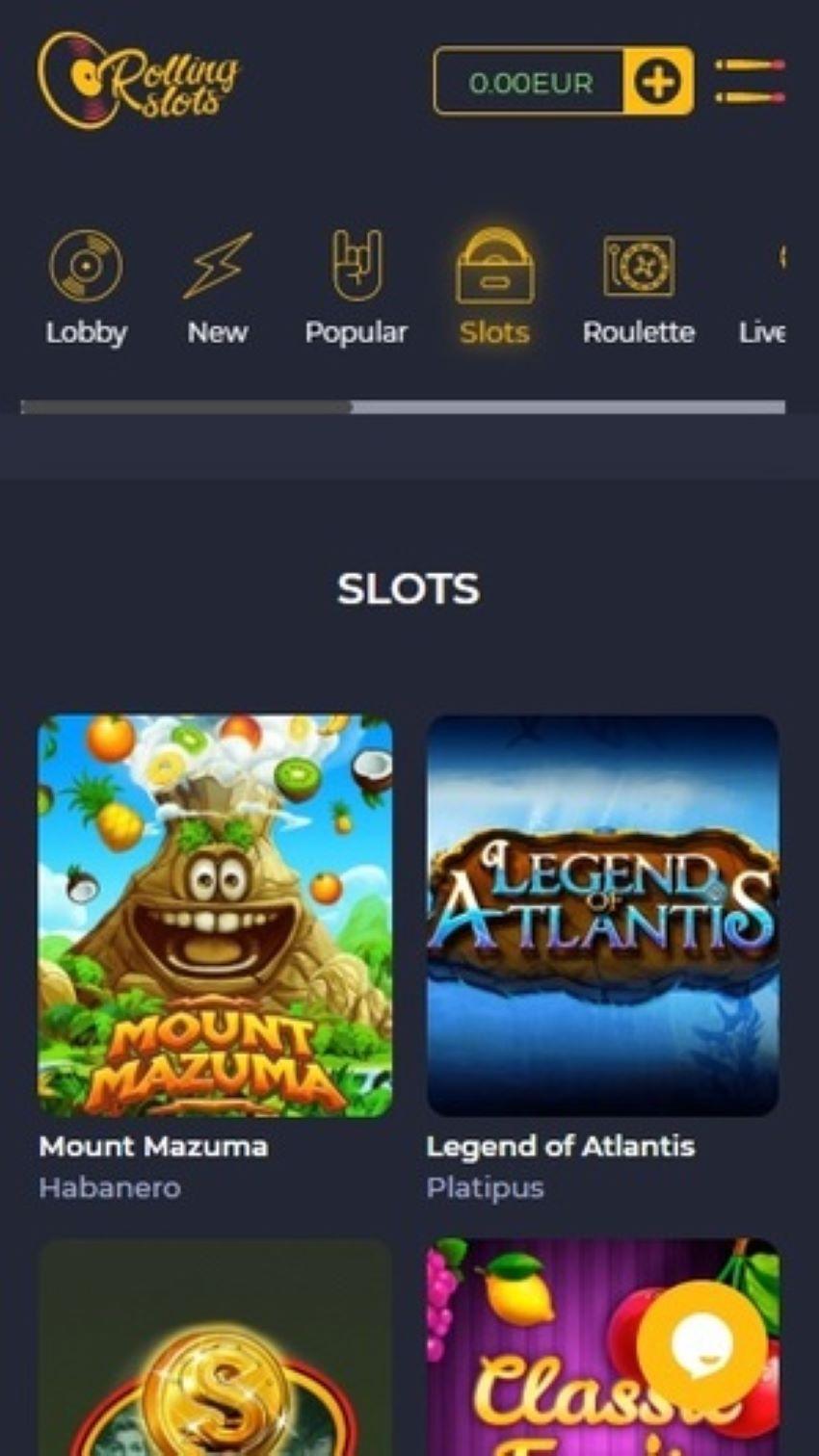Explorasi Slot Online Terpopuler: Demo x1000, Gacor, dan Gratis!

Dalam dunia perjudian online, slot telah menjadi salah satu permainan yang paling diminati oleh para pemain. Dengan begitu banyak varian slot yang tersedia, pemain memiliki beragam pilihan untuk mengeksplorasi dan mencoba keberuntungan mereka. Salah satu tren terbaru yang sedang populer adalah slot demo dengan keuntungan hingga x1000, yang menarik minat banyak pemain dengan potensi kemenangan besar.
Tidak hanya itu, konsep slot gacor juga menjadi pembicaraan hangat dalam komunitas perjudian online. Para pemain berlomba-lomba mencari slot online yang dianggap "gacor" atau sering memberikan kemenangan besar dengan peluang yang tinggi. Dengan kehadiran demo slot, baik dengan keuntungan x500 maupun x1000, pemain dapat menguji strategi permainan mereka tanpa harus mengeluarkan modal besar. Slot dari provider terkemuka seperti Pragmatic Play dan PGSoft juga menjadi pilihan favorit di antara para penggemar judi slot online. Tak hanya seru untuk dimainkan, tetapi juga menawarkan pengalaman bermain yang menarik dan menantang.
Demo Slot x1000
Demo slot x1000 adalah fitur menarik yang ditawarkan oleh beberapa penyedia permainan slot online terpopuler, seperti Pragmatic Play dan PGSoft. Dengan demo slot x1000, pemain dapat mencoba game slot tanpa perlu memasang taruhan uang sungguhan. Hal ini memungkinkan pemain untuk mengenal gameplay, fitur bonus, dan potensi kemenangan sebelum benar-benar memulai permainan.
Fitur demo slot x1000 juga dapat membantu pemain dalam mengembangkan strategi permainan yang tepat. Dengan mencoba game slot secara gratis sebanyak 1000 kali, pemain dapat mengasah insting dan membuat keputusan yang lebih cerdas saat bermain dengan uang sungguhan. Cara ini efektif untuk meningkatkan peluang meraih kemenangan dan menghindari kerugian berlebihan.
Bagi mereka yang ingin menikmati pengalaman bermain slot online tanpa perlu mengeluarkan uang, demo slot x1000 adalah pilihan yang sangat menyenangkan. Dengan akses ke berbagai game slot populer dan demo x1000, pemain dapat menghibur diri dan merasakan sensasi seru bermain slot secara gratis. Jangan lewatkan kesempatan untuk mencoba demo slot x1000 dan rasakan keseruannya sendiri!
Slot Online Gacor
Dalam dunia perjudian online, tidak ada yang bisa menandingi sensasi dari bermain slot online gacor. Slot gacor merupakan pilihan favorit bagi para pemain yang menginginkan kemungkinan besar untuk meraih kemenangan dalam setiap putaran. Dengan tingkat keberhasilan yang tinggi, slot gacor selalu menjadi incaran para penggemar judi slot.
Selain potensi kemenangannya yang besar, slot online gacor juga menawarkan beragam fitur menarik seperti bonus dan putaran gratis. Dengan adanya fitur-fitur tersebut, pemain memiliki kesempatan lebih besar untuk meraih kemenangan yang menggiurkan. Tidak heran jika slot gacor menjadi salah satu permainan favorit di kalangan penjudi online.
Slot online gacor juga banyak diminati karena keseruannya yang tidak pernah habis. Dengan berbagai tema menarik dan desain grafis yang memukau, pemain dapat menikmati pengalaman bermain yang seru dan mengasyikkan. Dengan bermain slot online gacor, Anda tidak hanya bisa mendapatkan kesenangan, tetapi juga kesempatan untuk meraih kemenangan besar dalam tiap putarannya.
Slot Gratis
Punya kesempatan untuk bermain slot online secara gratis tentu sangat mengasyikkan. Banyak platform judi slot menawarkan kesempatan ini sebagai bentuk hiburan bagi para pemainnya. agen slot gacor maxwin
Bermain slot gratis juga bisa menjadi cara yang bagus untuk mencoba berbagai judul permainan tanpa harus menggunakan uang sungguhan. Dengan demikian, pemain dapat mengenali fitur-fitur unik dari setiap slot dan menentukan mana yang paling sesuai dengan preferensi mereka.
Tentu saja, meskipun tidak memerlukan taruhan uang sungguhan, keseruan dan tantangan bermain slot gratis tetap bisa dirasakan. Saat Anda mencoba permainan-permainan ini, jangan lupa untuk menikmati setiap putaran dan nikmati pengalaman bermain slot online secara cuma-cuma.














